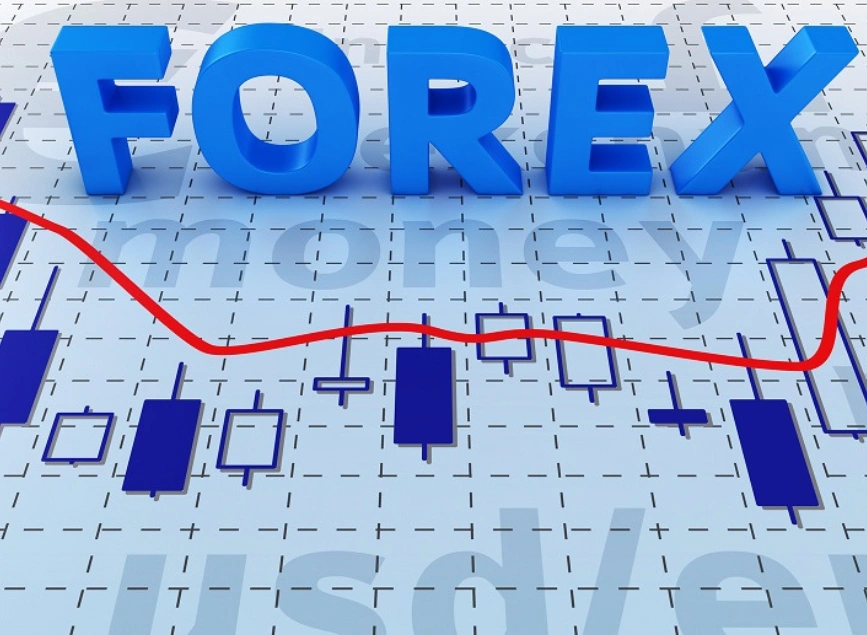
A Comprehensive Guide to Trading in the Forex Market
Estimated reading time: 4 minutes
Table of contents
The forex market, or the foreign exchange market, is the largest and most liquid financial market globally, with trillions of dollars traded daily. It operates 24 hours a day, five days a week, offering traders from different time zones the chance to participate. This guide provides a detailed overview of the market, equipping you with the knowledge and strategies needed to succeed in forex trading.
What is Forex Trading?
Forex trading involves the exchange of one currency for another with the aim of profiting from fluctuations in exchange rates. Unlike centralized exchanges, forex operates over-the-counter (OTC), meaning trades occur directly between participants through electronic networks. This decentralized nature ensures high liquidity and the ability to trade anytime, making it attractive to traders worldwide.
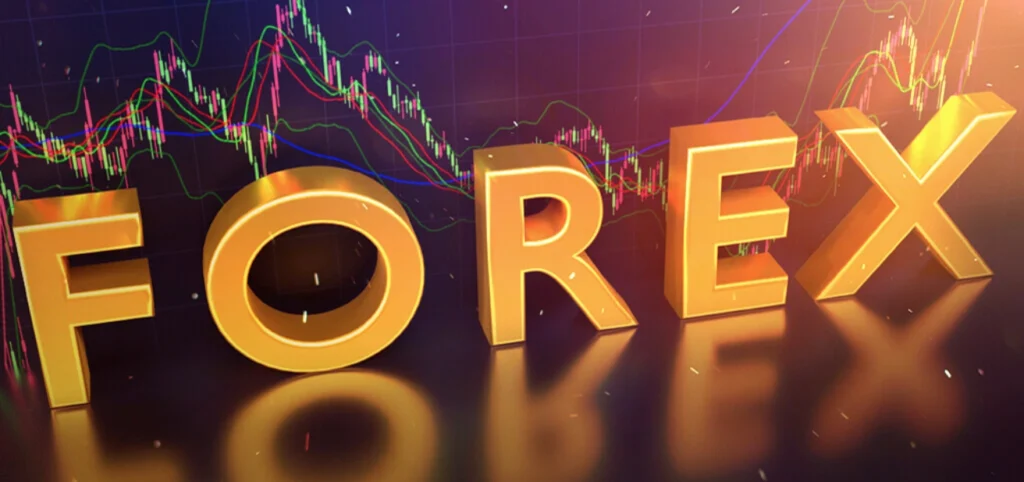
Key Benefits of Trading in Forex
Forex trading offers several advantages, including unparalleled liquidity, allowing traders to enter and exit positions quickly. Leverage is another key benefit, enabling traders to control larger positions with smaller capital. Additionally, the market’s accessibility, with low starting capital requirements and numerous trading platforms, makes it an ideal choice for both beginners and professionals.
Essential Concepts for Forex Traders
Forex revolves around currency pairs, categorized as major, minor, and exotic pairs, each with unique characteristics. The smallest price movement in forex is called a pip, while the spread refers to the difference between the buying (bid) and selling (ask) prices. Leverage allows traders to amplify their gains, but it also increases risks, making proper margin management crucial for long-term success.
Read More: Trading Sessions in the Forex Market
Steps to Start Trading in the Forex Market
To begin trading, you must first educate yourself on the fundamentals of forex and its associated risks. Choosing a reliable broker is critical; look for competitive spreads, robust security, and a user-friendly platform. Open a trading account suited to your style and practice on a demo account to test strategies risk-free. Once confident, develop a trading plan based on market analysis and personal goals, ensuring a disciplined approach.

Trading Strategies to Consider
Forex traders use various strategies based on their goals and timeframes. Scalping involves rapid trades to profit from small price movements, while swing trading focuses on capturing medium-term trends. Day trading eliminates overnight risks by closing all positions within the same day, whereas position trading takes a long-term view, often relying on macroeconomic analysis. Choosing the right strategy depends on your risk tolerance and trading style.
Read More: Understanding Volume in Forex Trading
Tools for Successful Forex Trading
Successful forex trading requires effective tools. Popular platforms like MT4 and MT5 offer advanced charting and technical analysis capabilities. Indicators such as RSI, MACD, and Fibonacci retracements help identify potential market trends and entry points. An economic calendar is vital for staying informed about events that might affect currency prices, such as central bank announcements or economic reports.

Risk Management in Forex Trading
Risk management is the cornerstone of profitable forex trading. Always set stop-loss and take-profit levels to protect your capital and lock in gains. Diversify your trades to avoid overexposure to a single currency or market. Proper position sizing is also crucial; never risk more than a small percentage of your account balance on a single trade. Adopting these practices helps ensure long-term sustainability in the market.
Final Thoughts
Forex trading presents a unique opportunity for financial growth, but it requires dedication, knowledge, and a disciplined approach. By understanding the market’s dynamics, using effective strategies, and practicing sound risk management, you can navigate the forex market with confidence. Start your journey with a clear plan, and let the world of forex open doors to endless possibilities.
Share
Hot topics

Trading with price action
When they start, most traders will believe that they must discover the ideal indicator for success. At otet markets, we see this every day.They test a variety of indicators, including...
Read more
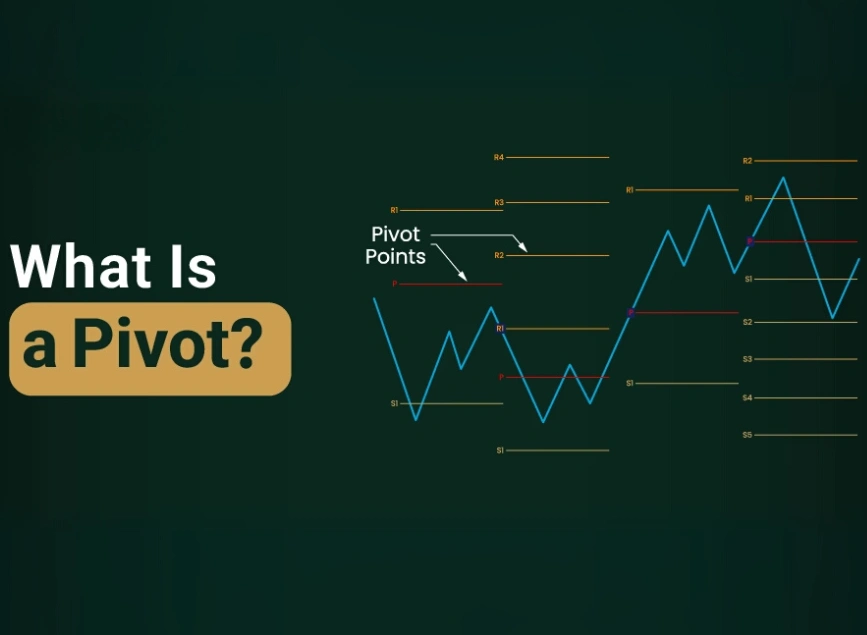
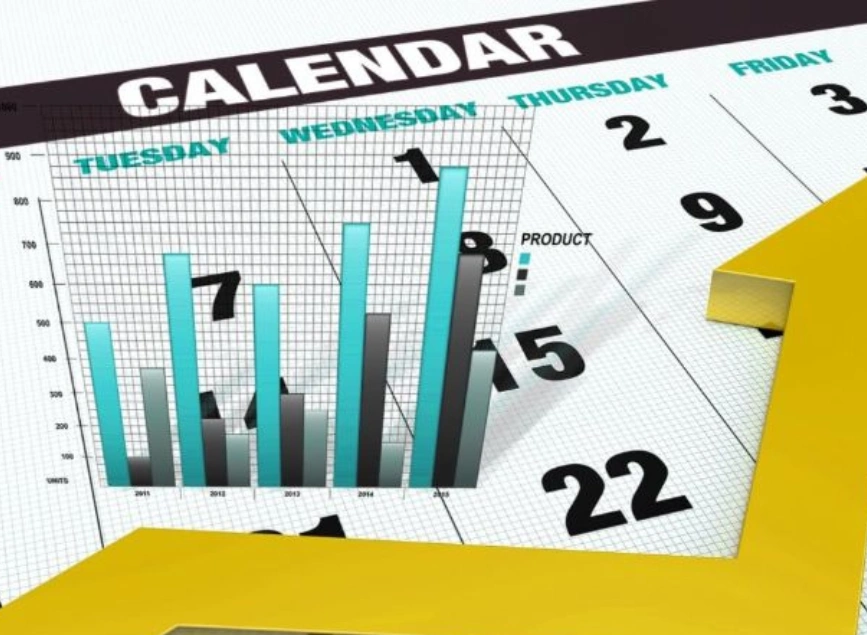
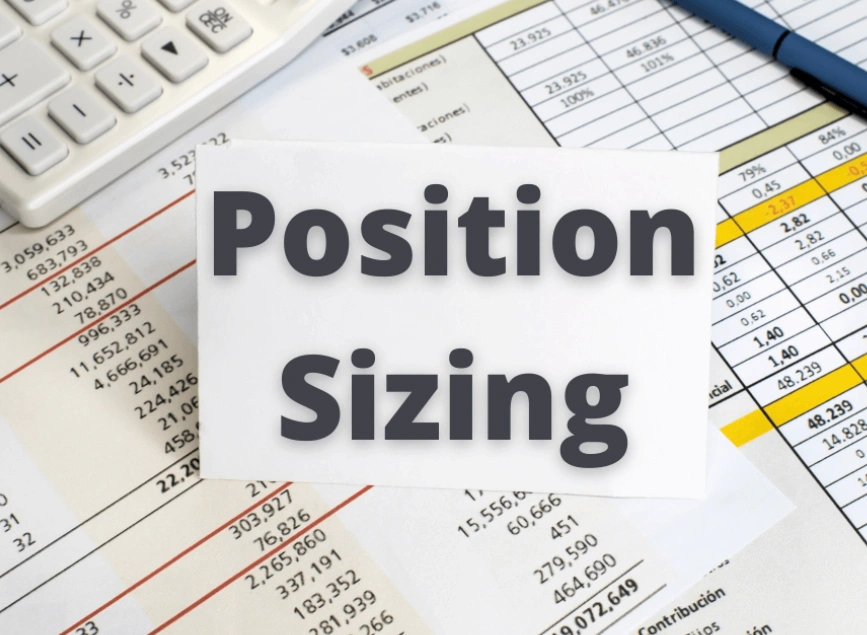

Submit comment
Your email address will not be published. Required fields are marked *